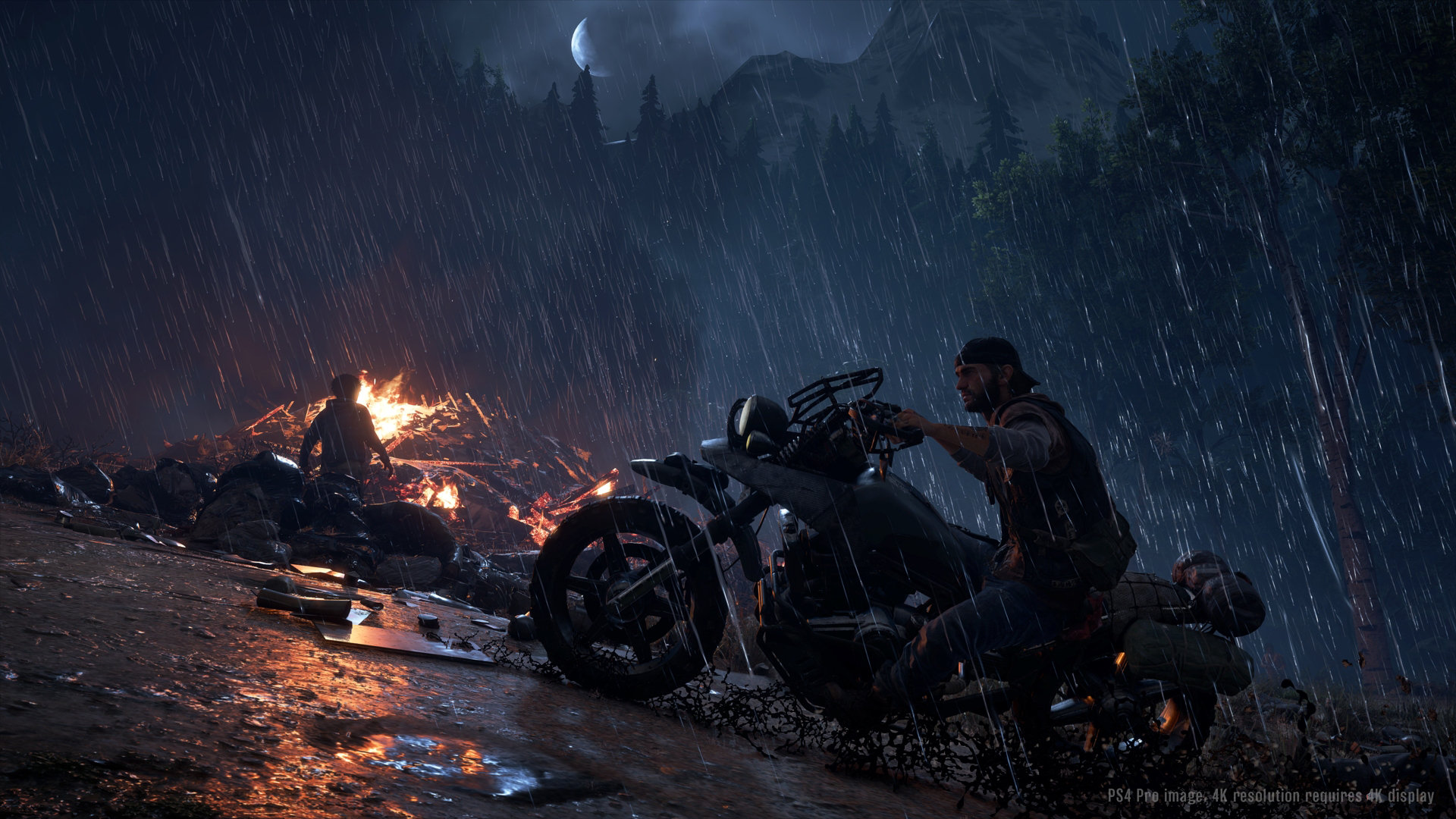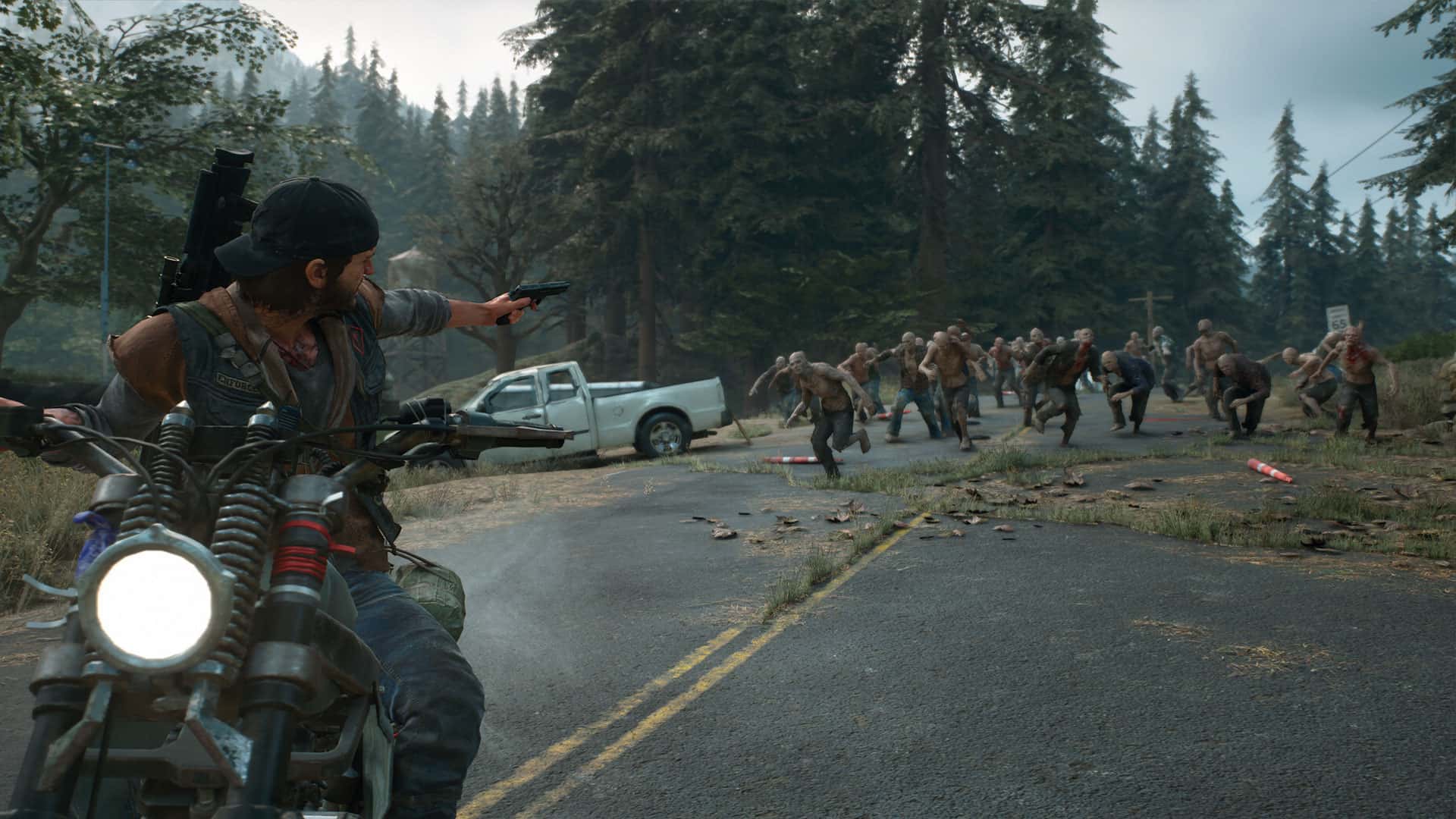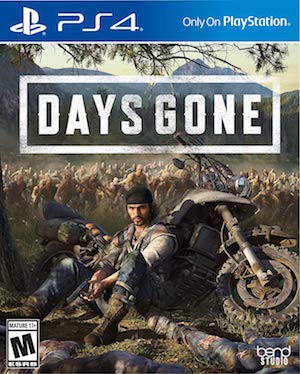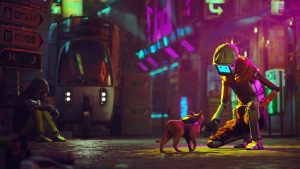
First party releases have always been one of PlayStation’s most crucial cornerstones, but with the PS4 generation, they became even more crucial to Sony than ever. With the likes of God of War, Marvel’s Spider-Man, The Last of Us Part 2, Ghost of Tsushima, and many more, internal Sony studios were consistently putting out one excellent game after another that could easily rank as some of the best games of the console generation. But it wasn’t all sunshine and rainbows.
One of the biggest stumbles for Sony’s first party was Days Gone– a solid enough game in its own right, but not quite at the level that Sony would have wanted it to be. Pacing issues, technical problems, some half-baked gameplay ideas, and other flaws combined to make for what was probably one of the roughest first party PlayStation releases of the PS4 era (at least in its later years). But then again, Days Gone had plenty of bright spots as well, and the general feeling among those who played it was that with a sequel, developer SIE Bend Studio could deliver something truly special.
That sequel probably isn’t going to happen anytime soon, if ever. In early 2021, reports revealed that Sony Bend’s pitch for a Days Gone sequel had been rejected by Sony (or maybe even by Bend’s own local management). The studio seems to have left the IP behind, and now is working on another new open world IP. But more than a few times, we’ve seen games that have managed to sand out their rough edges after the first instalment with a stellar sequel- Sony’s own Uncharted did the very same, after all. So why is it that Days Gone wasn’t given the chance? What the hell happened?
A recent interview conducted by USA Today with former Days Gone director Jeff Ross – who is no longer at Sony Bend – has provided a number of interesting insights- and the gist seems that be that after the complicated and troubled development of the original game, the starts just could not align for a sequel in the way that some at Bend had hoped they would. Days Gone’s development was laden with budget constraints and time constraints, and Ross has talked about how a number of the issues that were present in the game were in there exactly for those reasons, from the start-stop pacing to the technical problems to the inconsistent boss fights and mission design.
For Days Gone 2, Sony Bend had several interesting ideas. They wanted to expand upon the excellent emergent, systemic gameplay of the first game, while layering new gameplay ideas and mechanics on top- from new animals in the open world to co-op and multiplayer to adding actual, proper swimming. On top of that, with a foundation firmly in place, there was the feeling that Bend would be able to weed out a lot of the issues that generally go hand in hand with developing a completely new IP from scratch. With those ideas and a lot of the technology already in place, a sequel could have not only refined the original game’s ideas, but taken them even further with additional layers.
But as Ross explains, Sony Bend’s own local management wasn’t happy with how the first game performed. It apparently sold quite well (though there’s some confusion about the exact sales figures, especially seeing as Sony has not provided the same), but even so, Days Gone was considered a disappointment by the higher ups. That, of course, is down to the game’s critical reception. Its lower 70s Metacritic score falls way below the standards that Sony has clearly set for itself, which demand its prestige, flagship titles to be among the best games of the year every year. Given that, it’s clear that Days Gone inherently lost a lot of value as an IP in its publisher’s eyes.
There’s also the fact that Bend itself has seen a lot of changes over the last couple of years. As Ross explained in the USA Today interview, not long after Days Gone’s launch, creative director John Garvin was let go by the studio, apparently because there was quite a lot of friction between him and many others at Bend. Following that, the developer adopted a flat structure- rather than having one or two directors in charge, they adopted a committee approach for their next project, which, according to Ross, was far from ideal for the development of a massive, ambitious AAA project. That, in turn, led to Ross’ departure as well.
In that time, Bend had some other projects going, almost none of which came to fruition. Reports have claimed that an Uncharted game was in the works at one point, with Naughty Dog supervising, but was shelved when the studio expressed its disappointment at having to work on the IP under another developer’s supervision rather than something of its own. Ross has said that ideas were floated around for a Resistance game, as well as for a new Syphon Filter game, but none of these came to fruition either.
The gist seems to be that things weren’t the best at Sony Bend for quite a while. There was internal strife, there were disagreements about how to run things, there were disagreements with parent company Sony about whether or not Days Gone deserved a sequel, there was restructuring- given all of that, and who knows what else that hasn’t been made public knowledge, it’s not a surprise that we’re not getting a Days Gone 2. It seems like it was the development of the first game that brought a number of these issues to light, and all of that combined with the fact that the first game wasn’t even close to being the critical darling that Sony wants basically all of its flagship PlayStation releases to be at this point, it makes sense, as disappointing as it is, that a sequel wasn’t greenlit.
Of course, Sony and Sony Bend both say that the studio’s next game is going to build on the systemic and emergent strengths of Days Gone. In that, the new IP might be able to avoid a lot of the same pitfalls that proved to be major stumbling blocks for their previous game. If Bend can bring over a lot of the technology and ideas that they established with Days Gone and refine them further with their next game, they might be able to deliver a much better received product, especially if they can avoid the internal strife that Days Gone’s production seemingly suffered. Sure, it’ll always be disappointing that Days Gone isn’t going to get the sequel that so many people feel it deserved- but hopefully the future is going to look brighter for Bend, because above all else, it’s clear that under the right circumstances, the studio is capable of making the kind of game Sony wants it to make.
Note: The views expressed in this article are those of the author and do not necessarily represent the views of, and should not be attributed to, GamingBolt as an organization.

















